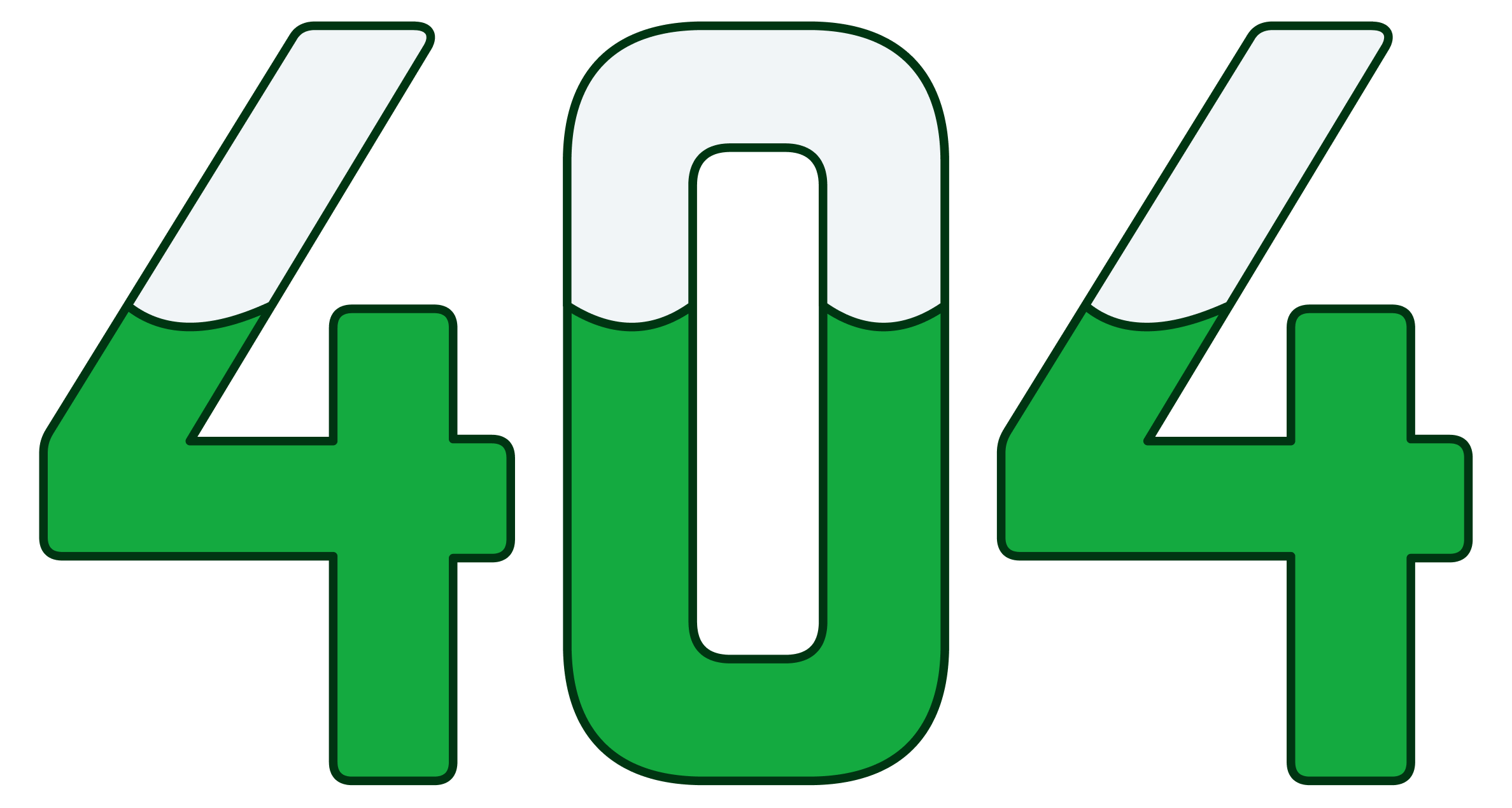
Looks like you’ve got a deduction… of pages!
This one’s missing.
But don’t worry, you won’t need an audit to find what you’re looking for. Try navigating back to the homepage.

Looks like you’ve got a deduction… of pages!
This one’s missing.
But don’t worry, you won’t need an audit to find what you’re looking for. Try navigating back to the homepage.